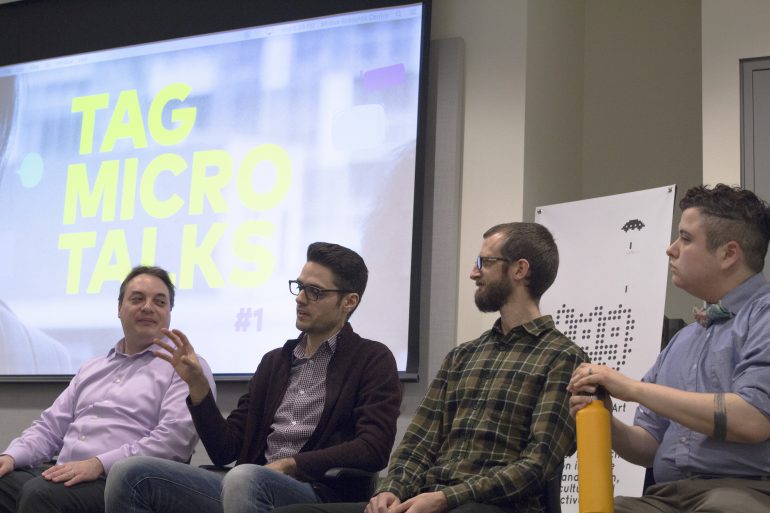This past August, I had the privilege of participating in the Digital Games Research Association (DiGRA) conference in Kyoto, Japan. DiGRA is the largest academic conference focusing on games research and I was happy to contribute with my presentation ROM Hacks, Randomizers, and Retro Games: Challenging Copyright and Remixing Zelda. I mainly discussed the second chapter of my master’s thesis — which outlines some of the ways that videogame hackers navigate copyright law to create and distribute their works — and my DiGRA presentation served as a sort of capstone event for my thesis, which I defended in early June and formally submitted in July.
I have presented my thesis work at numerous venues over the past year, perhaps most notably at the Canadian Games Studies Association (CGSA) conference and at various events hosted by Concordia University’s Milieux Institute. The opportunity to talk about my thesis during its early phases, throughout my writing, and following its completion has been enormously beneficial but has also raised an interesting question: when does one stop “touring” a piece of academic writing? The word “touring” may come across as a bit flippant, especially considering the importance and poignancy of many types of research, but academics are incentivized (pressured, even) to shuttle their findings from conference-to-conference to showcase their institution and receive feedback from other scholars. This intellectual journeying is essential for bolstering the CV, making connections with other scholars, and learning what topics are currently at the forefront of a particular field.
For my research, I treated these sojourns as more-or-less an opportunity to workshop my thesis and, importantly, learn how to effectively communicate its ideas to my peers. The first formal presentation of my work took place at a TAG Microtalks in 2018, taking the form of a PechaKucha talk. Although my thesis was nowhere near completion at the time — I had just barely begun my interviews — the talk served as an opportunity to craft an elevator pitch for my research. In six scant minutes, I had to explain to a room full of academics what my research was about, why it was important, and what plans I had for it in the coming year. This microtalk ended up serving as a foundation for the introductory sections of many future presentations, and it taught me how to effectively introduce a complicated topic (i.e. videogame hacking) in a short period of time.
The Microtalks also pushed me to consider how the particularities of different conferences could benefit my research in various ways. DiGRA, as an example, undoubtedly had the most attendees out of any conference I have attended, which led to an enormous amount of feedback on my work from some of the preeminent scholars in game studies. However, its size and prestige seemed to beget a certain amount of posturing — many academics were quite deliberate in staking their domains and their expertise. This resulted in a few interactions and discussions that were unconstructive, even condescending, especially when academic seniority came into play. In contrast, CGSA possessed a much more supportive atmosphere (perhaps a side effect of its smaller attendance). Presenters were critical but constructive of each other’s research, and endeavoured to cultivate an inclusive environment during presentations and on campus. This was especially beneficial for me who, against better judgement, had scheduled a thesis defense mere days after the conference wrapped up, and was desperately seeking a bit of momentum to carry me through it. Although all three of these of these engagements differed in size, scale, audience, and atmosphere, they all proved to be useful in furthering my research in different ways.
Returning to an earlier point: why do I consider my DiGRA presentation to be a “capstone” for my thesis? Perhaps the formality of the conference made me feel that what I presented needed to be polished and compelling. Being in the same company as some of the biggest names in the field motivated me (quite honestly, out of fear) to put forth something that was complete, despite the fact that academic research is iterative by nature and evades any sort of absolute conclusion. And maybe there was a more personal motivation as well — I begin a new degree in the fall, and DiGRA serves as a bridge between my master’s work to my yet-to-be-determined PhD research. The conference was quite likely the final presentation for my thesis, and the last stop on an academic “tour” that took me from Montreal to Japan.
(many thanks to TAG for funding my many academic travels across the globe)


